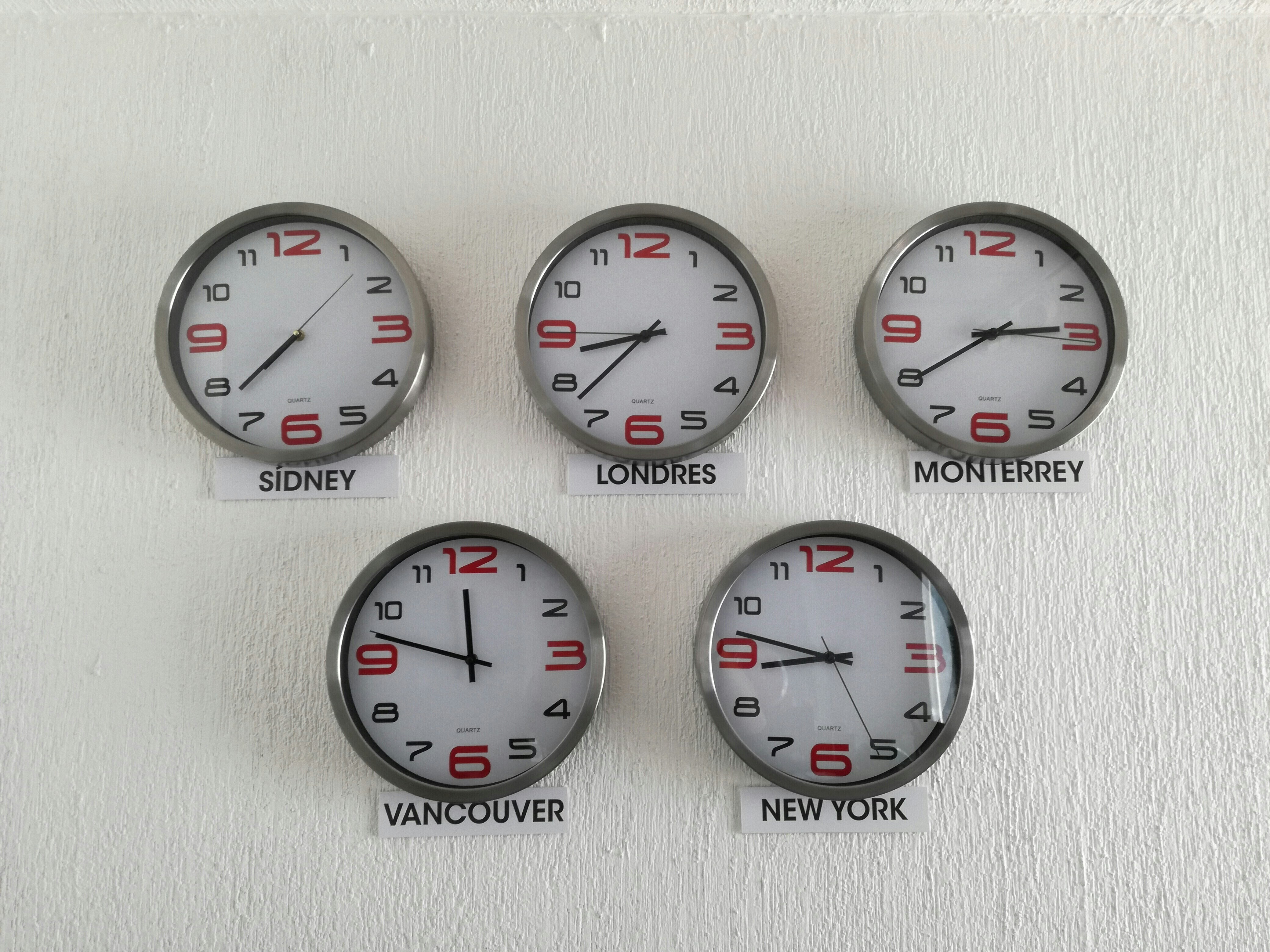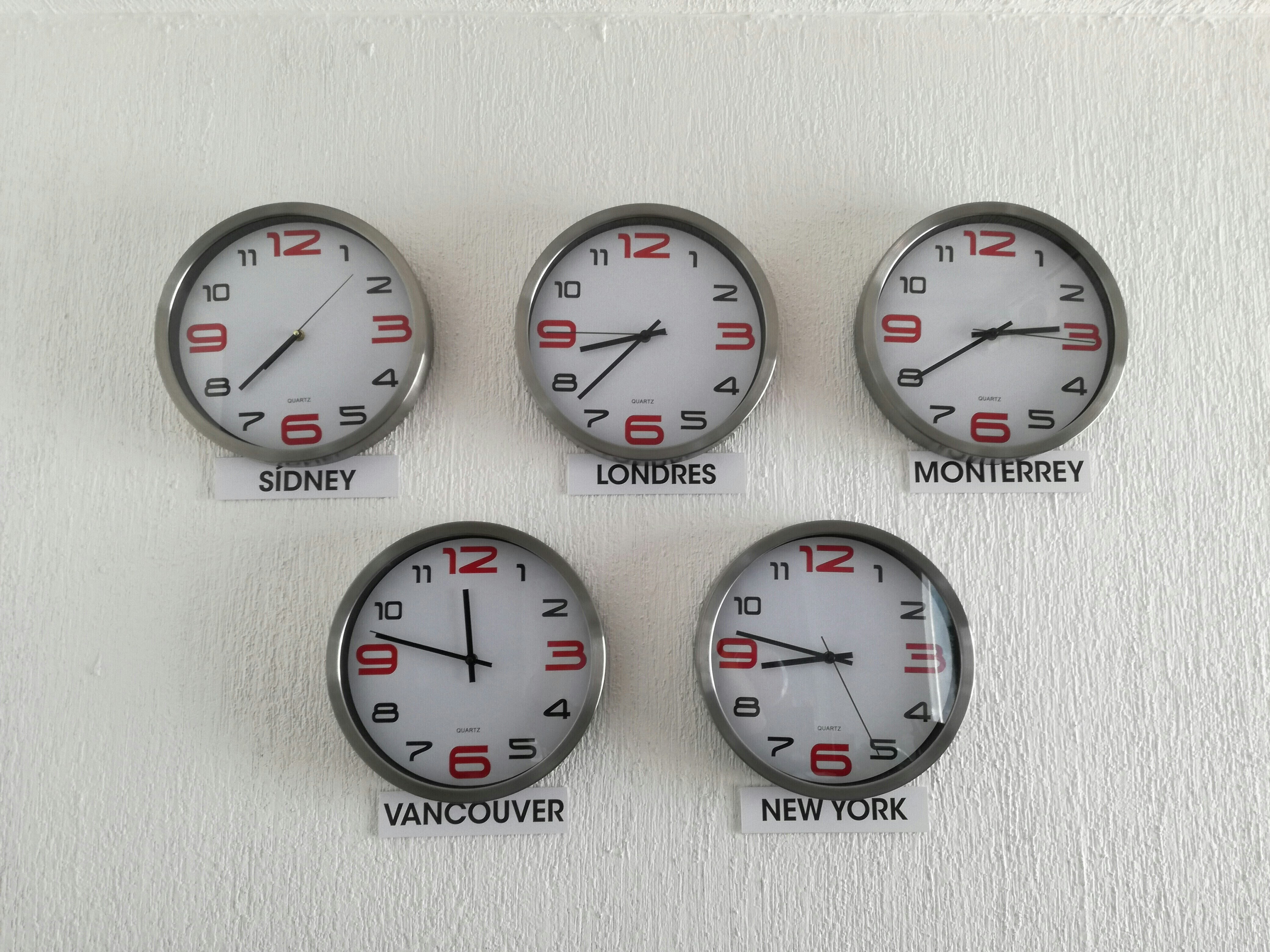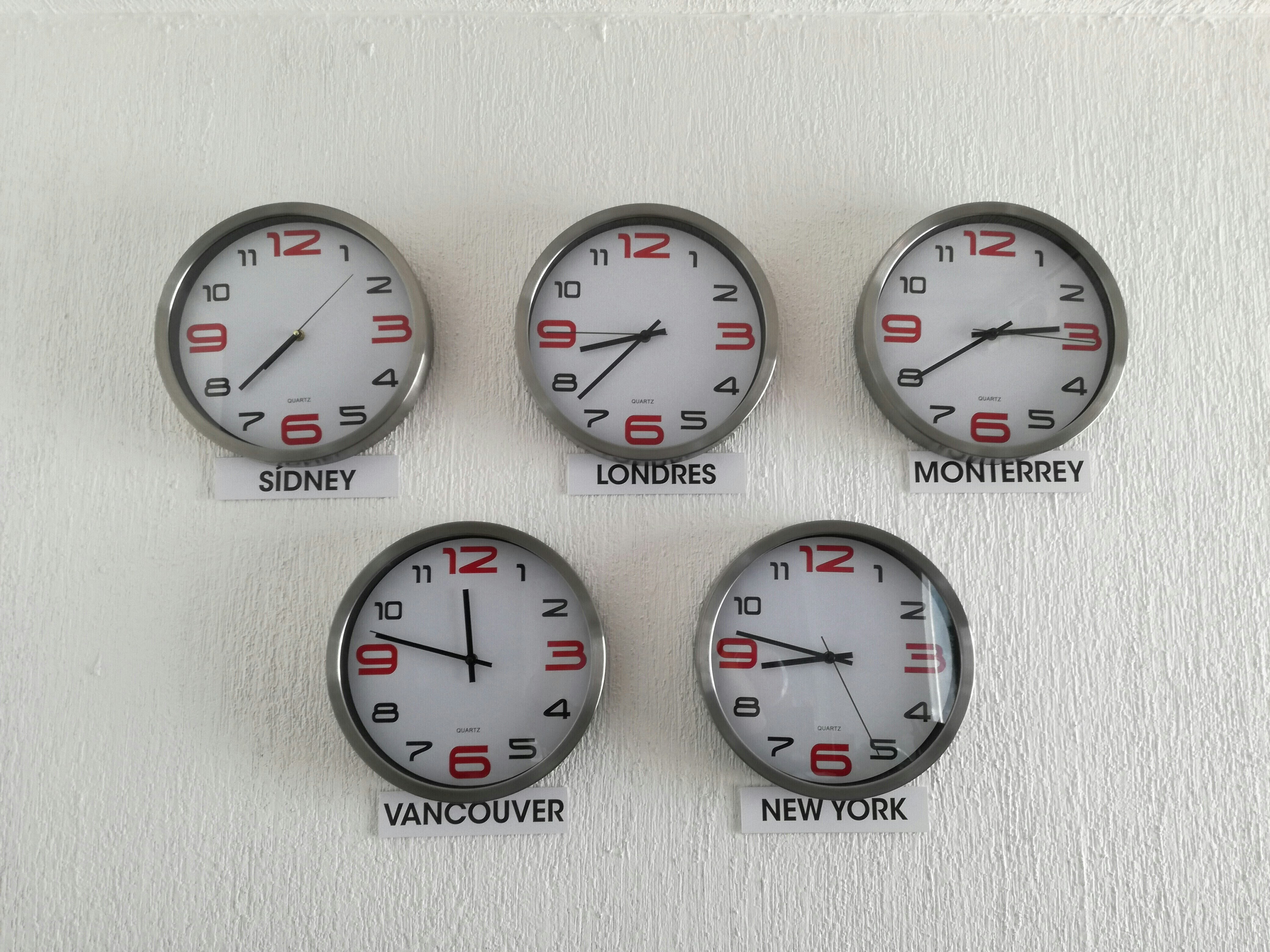Wolfgang Fengler is the CEO of the World Data Lab. Previously, he served as the World Bank’s Lead Economist in Finance, Competitiveness and Innovation for Eastern Europe and Central Asia, and World Bank’s Lead Economist in the Nairobi office. A native German, Wolfgang has been a staff member of the World Bank for 23 years, during which he lived in four continents: First in North America working at the World Bank’s headquarters in Washington DC, then in Asia as a Senior Economist in the Indonesia office, followed by Africa, and finally in Europe as part of the World Bank’s new hub in Vienna.
Contact him at: wfengler@worldddata.io















